After writing my last blog post, I was asked by a reader,
“What do I do if did eat emotionally, and despite my best efforts to see it as an okay option, I still struggled with feelings of shame and guilt? I tried to remind myself that emotional eating can be part of my normal eating experience, but I couldn’t stop feeling bad about myself and my actions. What did I do wrong? And what can I do differently next time?”
First I would encourage you to give yourself lots of compassion. Just as you did, remind yourself that you didn’t do anything wrong by choosing to eat emotionally. Unfortunately, emotional eating is demonized in our culture because of fatphobia. Our culture tells us that eating for reasons other than hunger will cause weight gain, and because we fear weight gain, we say that emotional eating is bad. But as you’re learning, emotional eating is totally normal and everyone does it from time to time. I know you were hoping to move on from your emotional eating experience just as if you had coped by watching a tv show or calling a friend. You know, like it was No. Big. Deal. But as the saying goes, “patience young grasshopper.” In order to consistently respond with self-kindness, you must practice responding with kindness.
Your usual response to emotional eating might go something like this.
“I wish I didn’t do that. Why did I turn to food again? I’m too weak, I’ll never be able to make a different choice.”
Repeated and habitual thoughts of this nature create a well worn path in your brain. Essentially, the synapses between particular neurons have strengthened and become super efficient, creating a strong circuit. This strong circuit is what creates your memory. In order to form new memories, such as automatically reacting to emotional eating with kindness, you have to create new circuits. These new circuits are formed and strengthened when you begin to PRACTICE new responses.
a practical example
It’s 3pm in the afternoon. You feel an urge to reach for the M&M’s that your coworker keeps in a bowl on her desk. You tell yourself that there’s nothing wrong with eating a hand full. Eating is always an okay choice because you’re not following any type of rule, and you know that restriction usually backfires, causing you to binge in the evening. So you pick up a spoon and scoop out several M&M’s. Even though you reminded yourself that you’re not a bad person for choosing to snack on the candy, your self-talk becomes very critical and you begin to feel bad about your choice.
four steps that will help you respond differently over time
- Step 1 - Remind yourself that these thoughts are normal.
- Step 2 - Ask a neutral question that comes from a place of curiosity, not self-criticism.
- Step 3 - Answer the question
- Step 4 - Stand up to the critical voice with a neutral or compassionate statement.
Going back to our example, I would tell myself:
- Step 1 - Lisa, you’re learning a new tool. In the beginning it's normal for negative self-talk to make an appearance.
- Step 2 - I wonder why I desired candy in that moment? What was it giving me?
- Step 3 - I had been working hard for several hours without a break. I probably was searching for a fun distraction. Stopping to eat the M&M’s was providing a needed break from work.
- Step 4 - Now I understand why I chose to eat M&M’s, and it wasn’t because I was weak. Eating the tasty treat brought a little spark to my afternoon. I needed this bit of joy. I wonder if another action could provide the same relief next time I’m in a similar situation? Perhaps I’ll experiment.
As you can see, the solution for getting rid of shame and guilt after emotional eating is not to avoid emotional eating all together, stuff down the shame and guilt, or force yourself to respond differently. The solution is to incorporate neutral or compassionate self-talk when shame and guilt start to appear.


